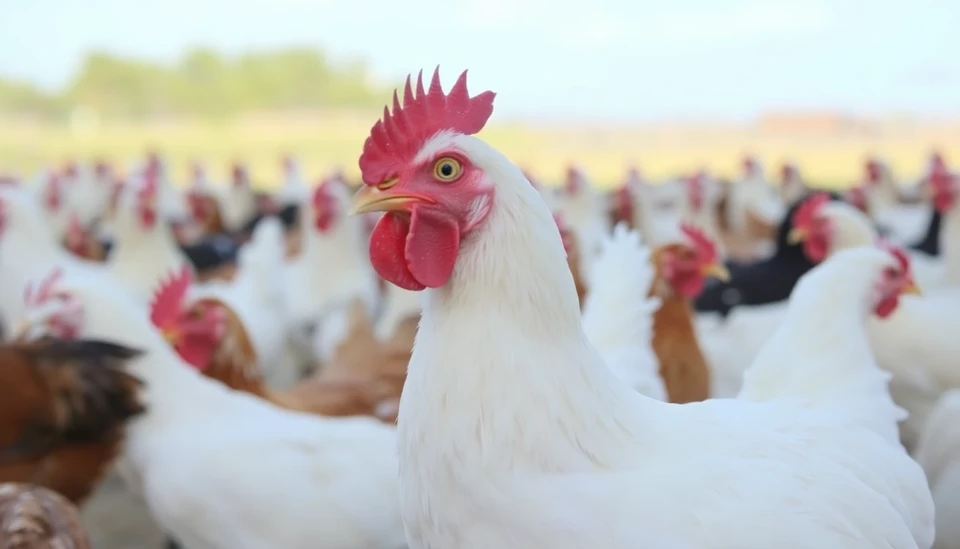
The state of Georgia has confirmed a second case of highly pathogenic avian influenza (HPAI) in a commercial poultry flock, raising concerns within the agricultural and health sectors regarding the potential threat this virus poses to the poultry industry. The Georgia Department of Agriculture (GDA) has enacted stringent measures to contain the outbreak and safeguard the well-being of both livestock and the general populace.
This recent case was identified in a commercial poultry operation located in the northwest region of the state. The GDA has reported that affected birds are being monitored closely, and measures are being implemented to prevent further spread of the virus. As part of the response strategy, the GDA is collaborating with federal health authorities, industry stakeholders, and veterinary professionals to ensure an effective and swift containment of the infection.
State officials have emphasized the importance of biosecurity measures in poultry management. They urge all poultry producers to enhance their preventive practices, including minimizing contact between domestic and wild birds, as the HPAI virus can be transmitted easily through close interactions. Proper sanitation, as well as monitoring the health of flocks regularly, are critical components in mitigating the risk of the virus spreading.
In addition to the immediate response efforts, the GDA is also working to communicate vital information to poultry producers across the state, emphasizing the importance of reporting unusual sickness or death in their flocks. The goal is to enhance awareness and encourage proactive management among all poultry businesses in Georgia.
The first detection of HPAI in Georgia occurred earlier this month, marking a troubling resurgence of the virus in the southeastern United States. With poultry being a significant part of Georgia's economy, the discovery of further cases raises alarm bells within the agricultural community, particularly given the potential for widespread impacts on production and trade.
Investigations are underway to determine the strain of the virus involved in this outbreak as well as its possible sources, with the goal of understanding whether it originated from migratory wild birds or other channels. Shifting weather patterns and increasing migratory bird activities often correlate with heightened risks of avian influenza transmission, thus reinforcing the need for vigilant monitoring around this time of year.
Given the impact of bird flu outbreaks in recent years, producers are reminded to stay updated on guidance from health authorities and to report findings of sick or dead birds immediately. As the situation develops, state and federal agencies are committed to keeping the public informed of any further cases or developments related to avian flu in Georgia.
As precautionary measures continue, stakeholders are urged to maintain an open line of communication with state agricultural officials and veterinary services. The proactive participation of the poultry industry is essential in thwarting the potential spread of the virus and ensuring a quick and effective response to protect animal health and human food safety.
The GDA reassures the public that the risk to human health remains minimal, with no reports of human infection related to these avian cases. Nonetheless, all parties are urged to remain cautious and to follow guidelines issued by health officials to ensure safety and compliance throughout the industry.
In conclusion, as Georgia grapples with its second confirmed case of bird flu in a commercial poultry setting, the collective efforts of all stakeholders in the poultry sector will be vital in addressing this challenge effectively.
#GeorgiaBirdFlu #AvianInfluenza #PoultryFarming #PublicHealth #Biosecurity
Author: Megan Clarke




